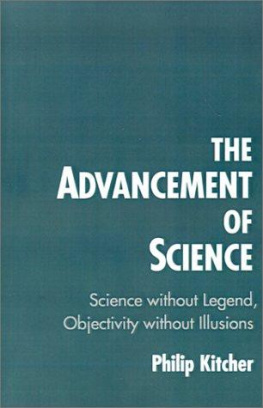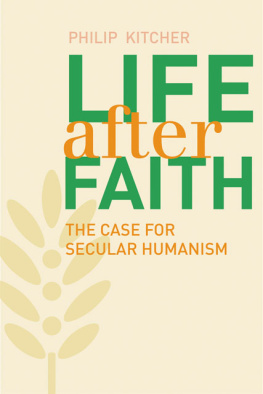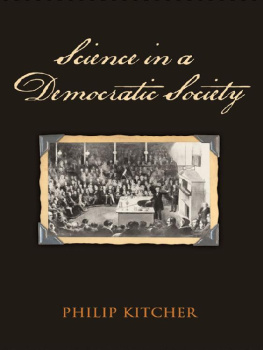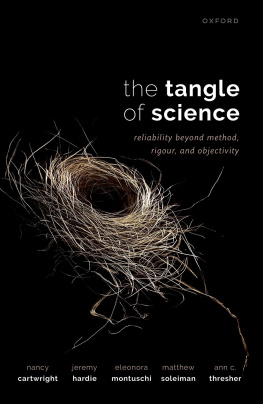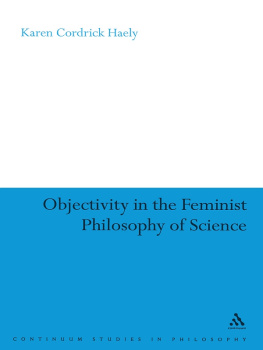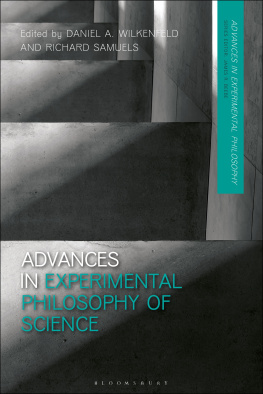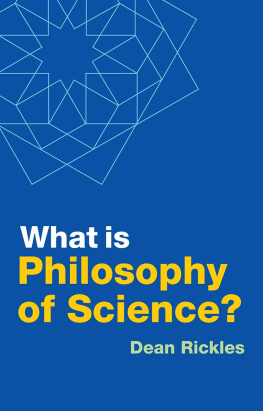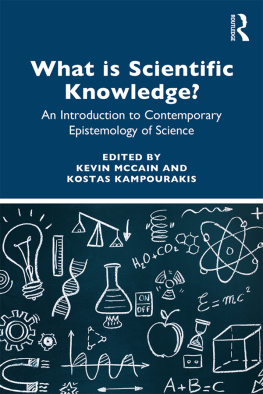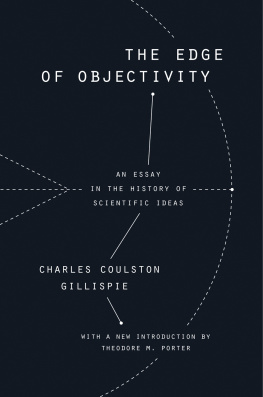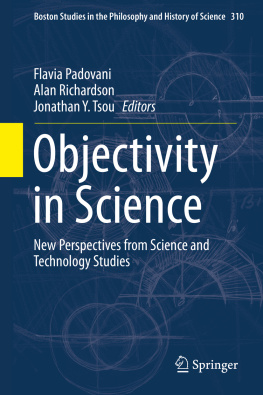The Advancement of Science
SCIENCE WITHOUT LEGEND, OBJECTIVITY WITHOUT ILLUSIONS
PHILIP KITCHER
New YorkOxford OXFORD UNIVERSITY PRESS
-iii-
Oxford University Press
Oxford New York Toronto Delhi Bombay Calcutta Madras Karachi Kuala Lumpur Singapore Hong Kong Tokyo Nairobi Dar es Salaam Cape Town Melbourne Auckland Madrid and associated companies in Berlin Ibadan Madrid
Copyright 1993 by Philip Kitcher
First published in 1993 by Oxford University Press, Inc. 200 Madison Avenue, New York, New York 10016 First issued as an Oxford University Press paperback, 1995 Oxford is a registered trademark of Oxford University Press
All rights reserved. No part of this publication may be reproduced, stored in a retrieval system, or transmitted, in any form or by any means, electronic, mechanical, photocopying, recording, or otherwise, without the prior permission of Oxford University Press.
Parts of Chapter 2 previously appeared in "Darwin's Achievement" (in Nicholas Rescher [ed.] Reason and Rationality in Science, Washington, D.C.: University Press of America, 1975, 127190). Some short discussion in Chapters 3 and 4 are taken from "Theories, Theorists, and Theoretical Change" ( Philosophical Review, 87, 1978, 519-547). Chapter 8 contains sections drawn from "The Division of Cognitive Labor" ( Journal of Philosophy, 87, 1990, 5-21), and from "Authority, Deference, and the Role of Individual Reason" (in Ernan McMullin [ed.] The Social Dimension of Science, Notre Dame: University of Notre Dame Press, 1992, 247-270). I am grateful to the editors of these books and journals for their kind permission to reprint this material.
Library of Congress Cataloging-in-Publication Data Kitcher, Philip, 1947The advancement of science: science without legend, objectivity without illusions / Philip Kitcher. p. cm. Includes bibliographical references and index. ISBN 0-19-504628-5; 0-19-509653-3 (pbk) 1. Science -- Philosophy. 2. Science -- History. I. Title. Q175.K533 1993 500-dc2O 92-19532
246897531
Printed in the United States of America on acid-free paper
-iv-
For Andrew and Charles
-v-
[This page intentionally left blank.] | -vi- |
|
Preface
This is the book I have wanted to write ever since I began studying the history and philosophy of science. More exactly, it is concerned with the topics that have interested me the most throughout the past twenty-odd years. The versions of it that I would have produced at different times during that period would have diverged, sometimes quite dramatically, from what I have now written. I suspect, furthermore, that my ideas about the growth of scientific knowledge will continue to evolve. These are not, I hope, my last thoughts about the issues that occupy me. However, I also hope that their formulation will help to stimulate improved thoughts, both for me and for others.
I owe an enormous intellectual debt to two people who taught me when I was a graduate student at Princeton in the early 1970s: C. G. Hempel and Thomas Kuhn. Although my treatment of virtually all the questions I address differs from theirs, I could not have arrived at my own conclusions without their deep insights. I have also been greatly influenced by the writings of Alvin Goldman, Hilary Putnam, and W. V. Quine, all of whom have shaped my ideas in important ways.
I began work on the writing of this book during 1988-89, when I had leave from teaching at the University of California at San Diego. That leave was largely made possible by a Fellowship from the John Simon Guggenheim Foundation, and I am most grateful for the foundation's support. Earlier, the development of my ideas had been aided by the opportunity to serve as codirector of an institute to investigate new consensus in the philosophy of science (held at the University of Minnesota), during which I had the chance to listen to presentations made by many of the world's leading philosophers of science. I would also like to thank the Office of Graduate Studies at the University of California at San Diego for supporting a workshop on naturalizing the philosophy of science.
Many people have read large parts of this book and offered valuable comments on it. I am grateful to John Dupre and Elliott Sober for many philosophical insights, and to Larry and Rachel Laudan for illuminating discussions. Michael Rothschild (of the UCSD Economics Department) provided extensive comments on Chapter 8, which have enabled me to make considerable improvements. From my colleagues Martin Rudwick and Robert Westman I have learned much about the craft of history and about the more
-vii-
specific aspects of the history of science for which they are well known. Martin Rudwick's careful reading of Chapter 6 was particularly helpful. To the many others who have listened to lectures in which I presented rough-hewn fragments of the material of this book, and who have offered insightful suggestions, my belated (and inadequate) thanks.
In recent years I have been fortunate to work with a group of extremely talented graduate students. Their questions, comments, criticisms, and suggestions have improved many parts of this book. In particular, I would like to thank Gillian Barker, Michael Bishop, Jeffrey Brown, Sylvia Culp, Michael Dietrich, Bruce Glymour, Peter Godfrey-Smith, Gary Hardcastle, Todd Jones, Alex Levine, Sam Mitchell, Eric Palmer, Neelam Sethi, and Andrew Wayne, all of whom have left their mark on the pages that follow. I am also grateful to Joe Ramsey for his preparation of the index.
During the past six years, my thinking about epistemology and the history and philosophy of science has been greatly helped by discussions with Stephen Stich and Steven Shapin. Neither is likely to agree with the conclusions of this book, but both can pride themselves on having diverted me from even sillier things that I might have said. I am also extremely grateful to an anonymous reader for Oxford University Press, who not only gave me numerous specific suggestions for improvement but also convinced me that the bloated penultimate version needed to be put on a diet.
Above all, I would like to thank three exceptionally perceptive philosophers and generous friends, who sent me detailed written comments on the entire penultimate draft. Small tokens of my thanks to Wesley Salmon, Kim Sterelny, and John Worrall are scattered throughout the following pages, but there is no way to convey in footnotes the more global suggestions they have made that have helped me, again and again, to bring my ideas and arguments into clearer focus. I am immensely grateful to them.
Finally, as always, Patricia Kitcher has provided sage advice, generous encouragement, and warm support, without which this project would never have been completed. Our two sons, Andrew and Charles, have offered both distraction and delight. As I reflect on the writing of this book, I recall the many baseball games, soccer practices, attacks on computer games, piano festivals, tennis foursomes, and mountain hikes from which I have returned to philosophy, refreshed. The joy of their conversation and their many enthusiasms deserve a better return, but this is the book I wrote and, with all its flaws, it is theirs.
P. K.
La Jolla, Calif June 1992
-viii-
Contents
|
|
| 3. The Microstructure of Scientific Change |
|

